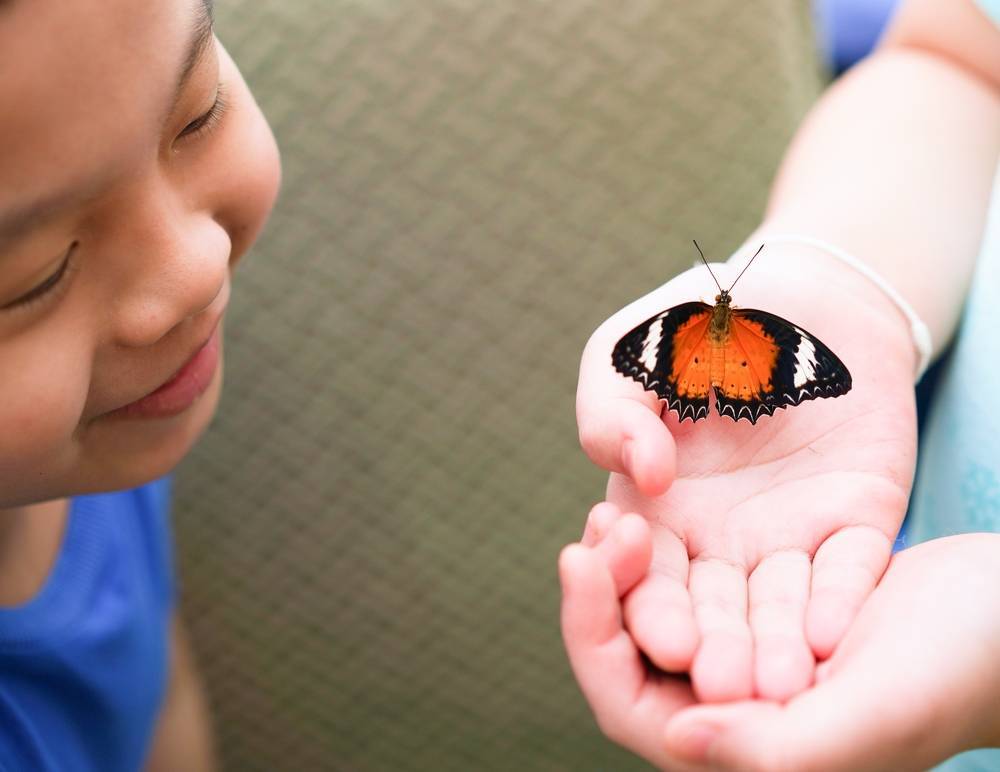We’ve all experienced that peculiar feeling of “butterflies in the stomach” during moments of excitement, nervousness, or anticipation. But what causes this strange sensation?
In this article, we’ll unravel the medical reasons behind this common phenomenon.
The Role of the Autonomic Nervous System
The autonomic nervous system (ANS) plays a central role in producing the sensation of butterflies in the stomach. The ANS, responsible for regulating involuntary bodily functions, has two primary branches: the sympathetic nervous system (SNS) and the parasympathetic nervous system (PNS). The SNS prepares the body for “fight or flight” situations, while the PNS helps the body “rest and digest.”
When we feel nervous, excited, or scared, the SNS activates and releases stress hormones such as adrenaline. These hormones cause a range of physiological changes, including increased heart rate, rapid breathing, and heightened senses. One of these changes is the redirection of blood flow away from the digestive system and towards the muscles, which triggers the feeling of butterflies in the stomach.
The Stomach and the Brain: A Strong Connection
The stomach and the brain share a close relationship through the gut-brain axis, a complex communication system involving hormones, neurotransmitters, and nerves. The vagus nerve, the longest nerve in the ANS, connects the brain to the digestive system, allowing for two-way communication.
When we feel anxious or stressed, the brain sends signals to the stomach through the vagus nerve. This causes the stomach muscles to contract, leading to the sensation of butterflies. Additionally, the release of stress hormones can also irritate the stomach lining, further contributing to this feeling.
Emotions and the Gastrointestinal System
Our emotions can significantly impact our gastrointestinal (GI) system. Stress, anxiety, and fear can lead to various GI symptoms, including nausea, abdominal pain, and diarrhoea. The sensation of butterflies in the stomach is just one example of how our emotional state can affect our digestive system.
Furthermore, the gut microbiome, the collection of bacteria residing in our intestines, also plays a role in our emotional well-being. Research has shown that the balance of bacteria in our gut can influence our mood and behaviour, further highlighting the intricate connection between the brain and the stomach.
Coping Strategies: Managing the Butterflies
Although the feeling of butterflies in the stomach is a natural response to stress or excitement, it can be uncomfortable or disruptive. To manage this sensation, consider implementing stress-reduction techniques such as deep breathing, meditation, or progressive muscle relaxation. Additionally, regular exercise, a balanced diet, and adequate sleep can help maintain a healthy gut-brain connection, potentially reducing the frequency or intensity of butterflies in the stomach.
Conclusion: Understanding the Science Behind the Sensation
The feeling of butterflies in the stomach is a complex interplay between the autonomic nervous system, the gut-brain axis, and our emotions. As the body responds to stress or excitement, physiological changes occur, resulting in the familiar fluttering sensation. Understanding the medical reasons behind this phenomenon can help us better manage our emotional well-being and maintain a healthy connection between our brain and stomach.

